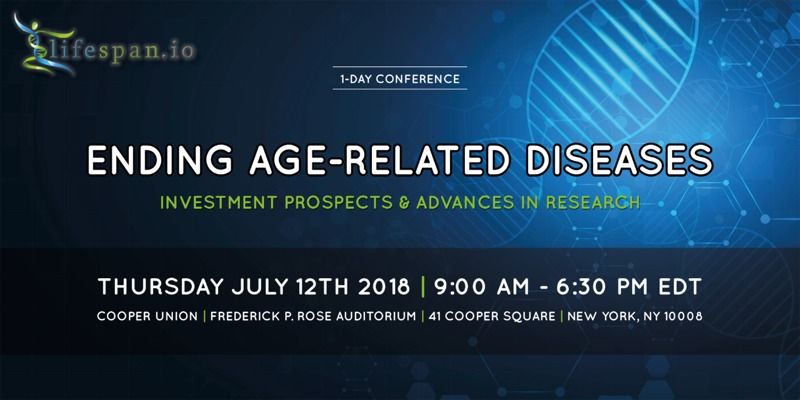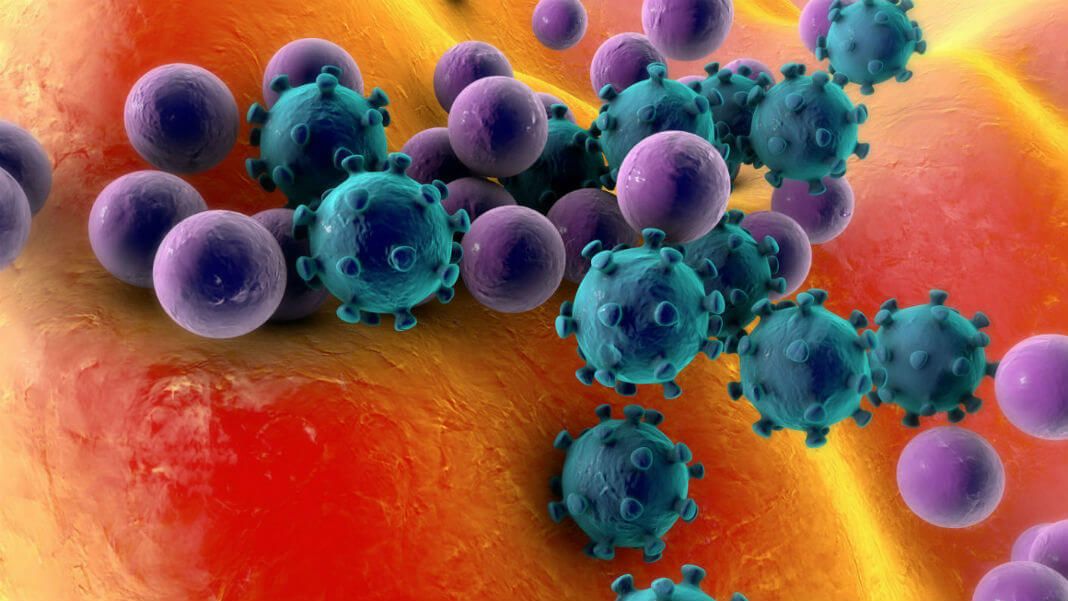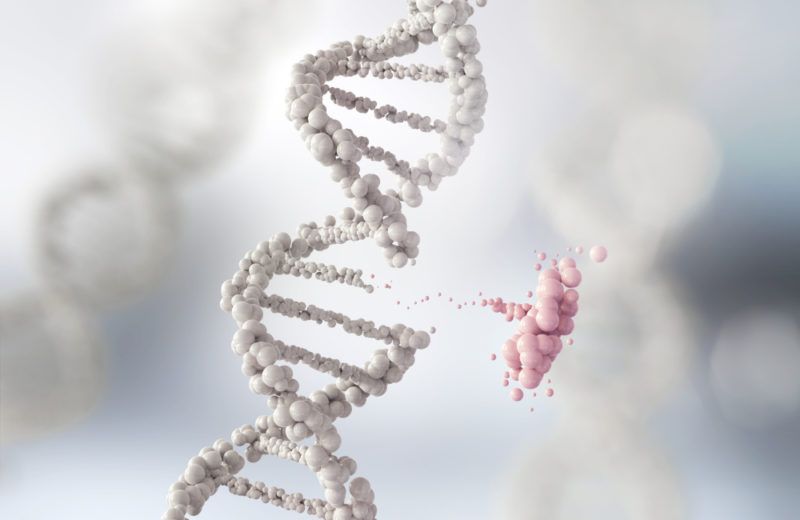May 18, 2018
Curcumin improves memory and mood, new UCLA study says
Posted by Manuel Canovas Lechuga in categories: biotech/medical, life extension, neuroscience
Found in turmeric, curcumin has previously been shown to have anti-inflammatory and antioxidant properties in lab studies. It also has been suggested as a possible reason that senior citizens in India, where curcumin is a dietary staple, have a lower prevalence of Alzheimer’s disease and better cognitive performance.
“Exactly how curcumin exerts its effects is not certain, but it may be due to its ability to reduce brain inflammation, which has been linked to both Alzheimer’s disease and major depression,” said Dr. Gary Small, director of geriatric psychiatry at UCLA’s Longevity Center and of the geriatric psychiatry division at the Semel Institute for Neuroscience and Human Behavior at UCLA, and the study’s first author.
The double-blind, placebo-controlled study involved 40 adults between the ages of 50 and 90 years who had mild memory complaints. Participants were randomly assigned to receive either a placebo or 90 milligrams of curcumin twice daily for 18 months.
Continue reading “Curcumin improves memory and mood, new UCLA study says” »

















